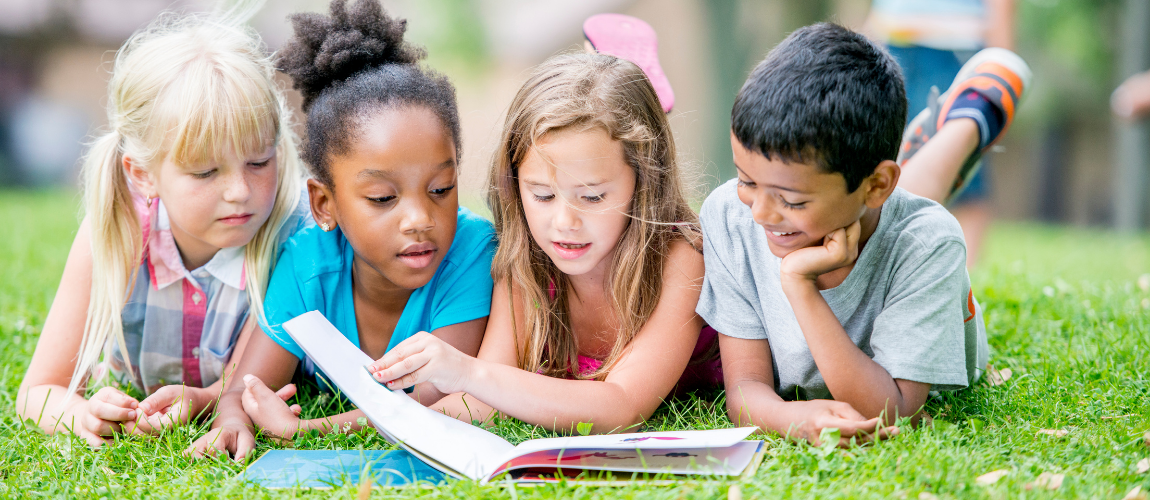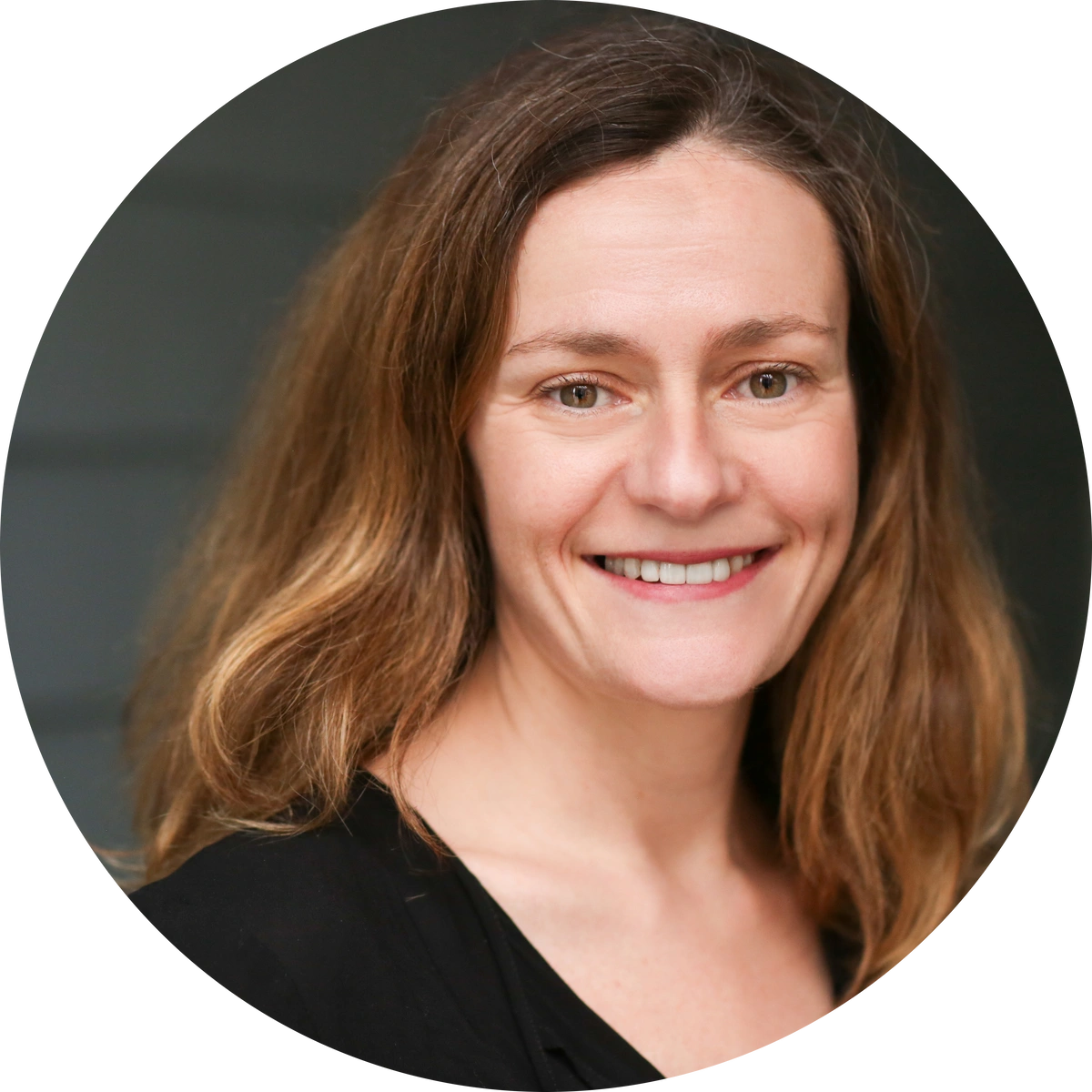I had the pleasure of speaking with Brittany Murlas, Founder of Little Feminist, a monthly book club subscription and publishing house that helps families diversify their bookshelves, as part of our Tinker Talk series—and it got me even more excited to look at our family bookshelves and library lists with new, hopeful eyes!
We dove into an important question — how can parents raise our kids to be truly inclusive of others? Murlas’ main tip was simple: Make sure our bookshelves are diverse and reflect the world around us.
Watch our Tinker Talk now:
I was so inspired by Brittany’s passion for raising the next generation to be full of empathy and love for one another. Here are some of my favorite bits of wisdom:
Why is it so important for families to make sure their bookshelves are diverse?
“The coming generation can change the world if they have a bookshelf that looks really different from the one I grew up with,” said Murlas. “The best thing we can all do is surround our families and our kiddos with as many different people as possible, and in a pandemic, a great way to bring this into storytime is with diverse books.”
According to the American Psychological Association (APA), children are able to process race by as young as 3 months old and by 9 months, can use race to categorize faces. The APA suggests parents should be talking about race by the time their child turns 5 years old.
As we discussed in this book list for Black History Month, books can give kids both mirrors to see themselves validated in the world and windows to see more fully and value the lives, traditions and strengths of other people. This broadens their world and opens the door to being more curious, open and able to genuinely connect with all people.
And, it’s really never too early to start. “Even if it’s a difficult topic, it’s important to talk with children about race, because it can be difficult to undo racial bias once it takes root. Toddlers can’t do calculus, but that doesn’t mean we don’t teach them to count. You can have a conversation with a toddler about race that is meaningful to them on their level,” said Leigh Wilton, PhD, an assistant professor of psychology at Skidmore College.
Because our children are still forming and solidifying their own identities, a broad set of stories with a diverse set of characters can also help them feel the freedom to become whoever they are or however they evolve.
How can we help our kids learn to spot and push back on stereotypes?
According to Murlas, one of the best ways to educate children about prejudices in the world is to give them a full, 360 degree view of other people. When kids have early access to stories that reflect people in full view, not in a way that perpetuates stereotypes. This allows children to better understand what is different about other people in a positive light and see the ways that we are all similar as well—building empathy. “One thing we can do with our book choices is to tell the stories that aren’t told,” Murlas said. For example, “we should tell stories of Black joy because that’s not what we see when we turn on the TV.”
As a mom, the three words I want my kids to say when they meet someone who behaves or acts differently than they do, “I wonder why.” I want them to think about what’s special or important to that person that they don’t understand. Giving kids views into how culture or communities work encourages them to ask that question and stay curious, open and ready to see both what is special and what is the same about us all.
What are some questions we can ask of books as we learn to diversify our bookshelf?
There can be a lot of pressure to get everything right when it comes to parenting and it can feel intimidating to pick the next book. We like to turn to the simple rule of empathy and respect for others. “As parents, ask yourself, ‘How would I feel if I was in this character’s shoes?’ It’s a great question to ask yourself as you pick out books, but also an important question for our children to ask as they read them,” says Murlas.
Make sure your child doesn’t assume the characters or the way they are behaving in a book is always right. Prepare them to look at books when you’re not around and give them space to ask the questions on their own.
What types of books should I look for?
When selecting books for their reading lists, Little Feminist looks at three different categories:
Historical stories: books about the Civil Rights movement, the Chinese Exclusion Act, residential schools, etc.
Validating stories: books that celebrate diverse families.
Normalizing stories: books that feature characters as a whole person in the story and are not focused on one aspect. For example, a story of a transgender child whose parents are about to have a baby and the main character is getting ready to be a sibling.
While normalizing stories can be the hardest to find, they can make such a large impact on children and teach them that people who may look different or have different abilities still go through similar life experiences.
Where can I find a list of diverse books?
An easy way to make sure your bookshelf is diverse is by downloading Little Feminist’s Summer Diverse Reading Challenge checklist, which features categories of stories that Little Feminist aims to supply in their own curation. For example, parents can be mindful of picking books written by an Indigenous author or read a story that features a neurodiverse character. This is a marvelous way to see how our current bookshelves stand up and what stories are missing in our children’s lives.
And don’t forget to check out your local library! Librarians will be excited to see how eager you are to introduce more diverse stories to your child as they’re also trying to make sure the library reflects the community they serve.
We've also compiled a few book lists full of diverse stories:
A Pride Month Book List for Kids of All Ages
10 Books to Help Kids Celebrate Native American Heritage

